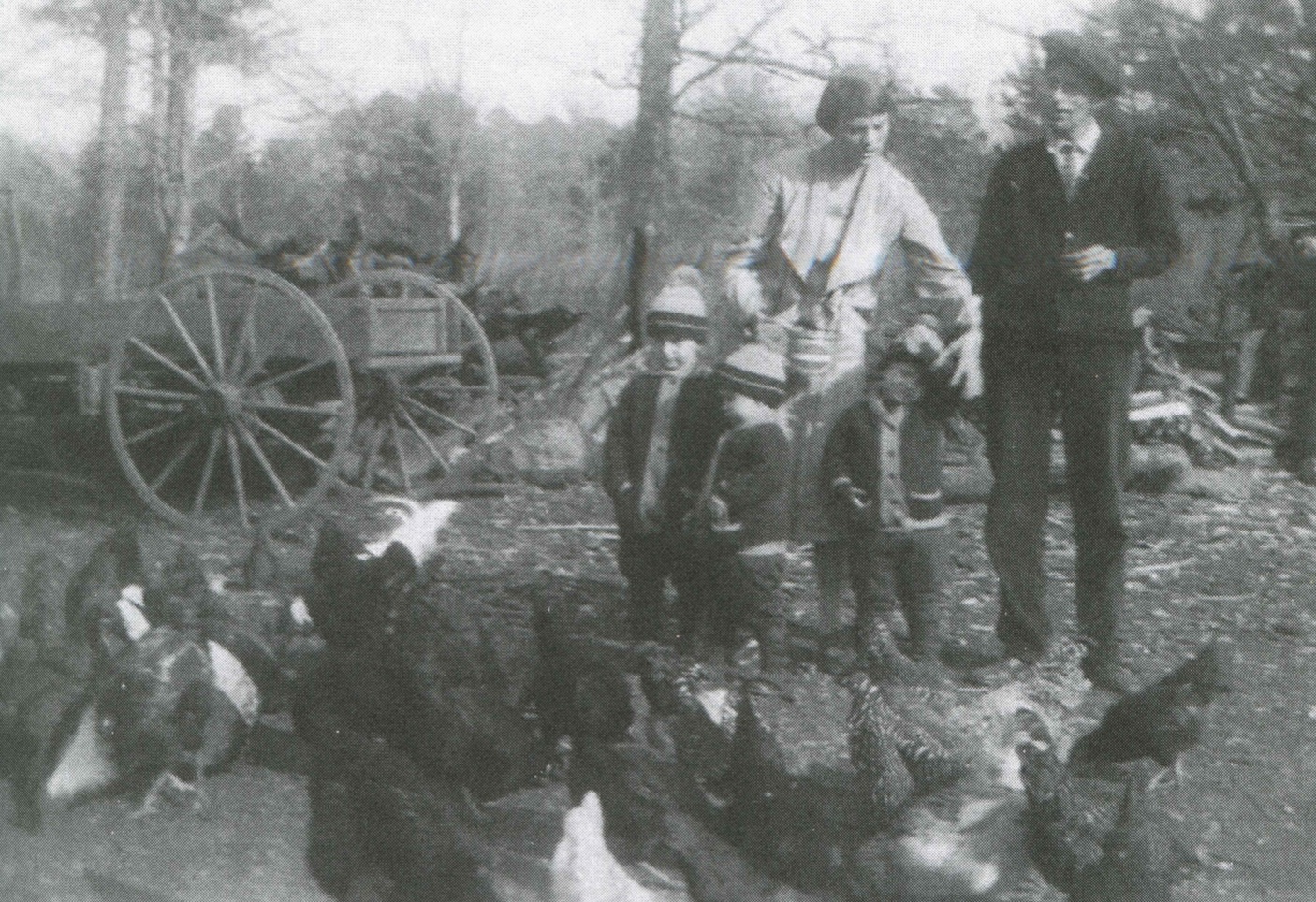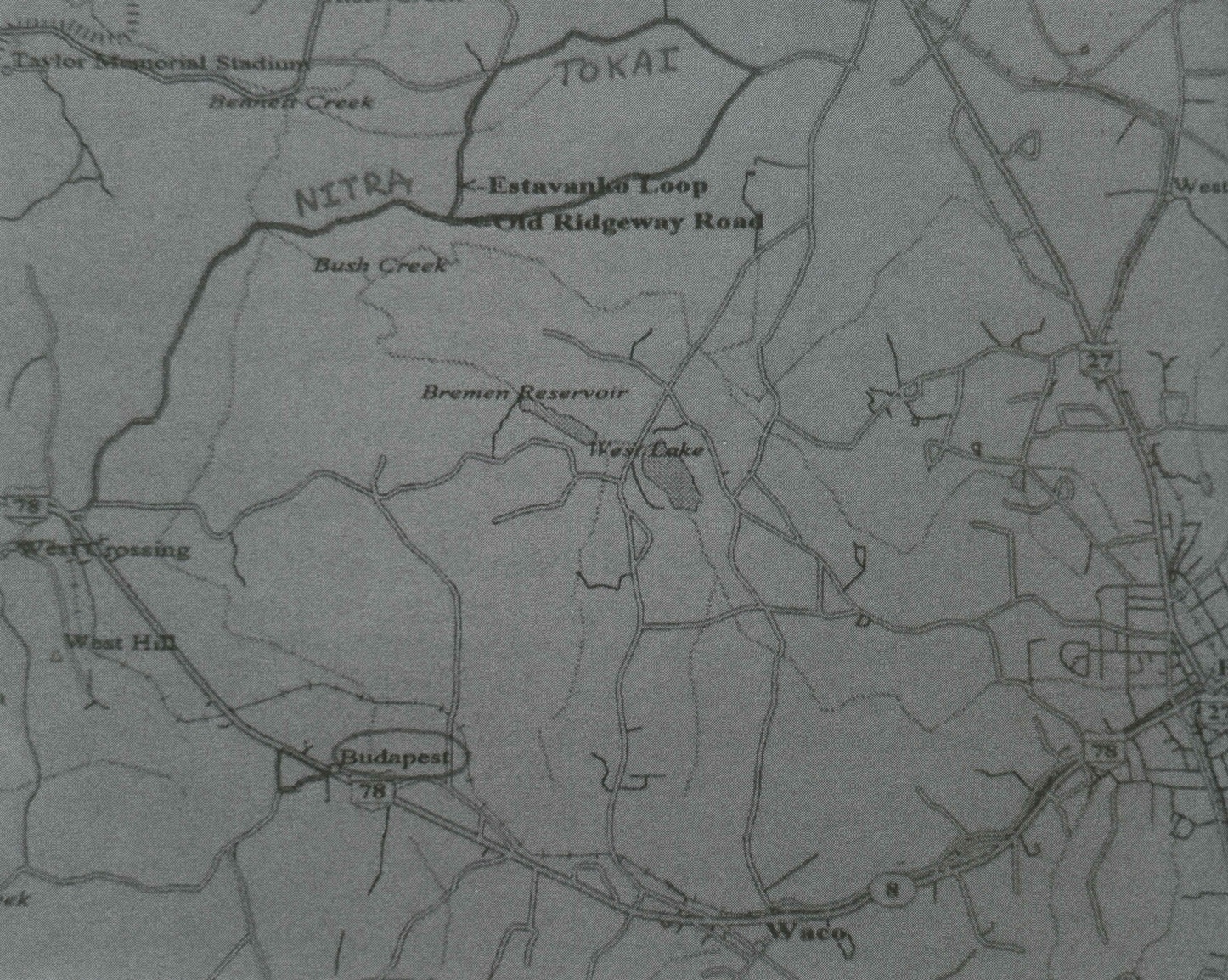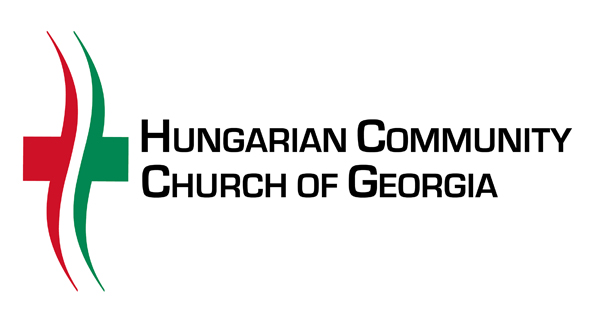Budapest, Georgia - History
Budapest, at times referred to as Buda, or Hungarian settlement, once boasted of grand, thriving grape vineyards. Nearby one could find neatly lined homes which were scattered within a quaint, rural neighborhood setting. This picturesque little community came to be called “home” by both families and single individuals (initially most were of Hungarian heritage, though other families also arrived with ethnic backgrounds being Slovak, German, Italian, Polish and Swiss) alike who hailed from far off countries and came to settle here with only promises to build on as their foundation.
The community came into being when a real-estate developer, Ralph Lincoln Spencer, decided to invest his time, talents and money in this part of rural Georgia in the 1890s. In order to achieve success with growing grapes and establishing vineyards, Spencer was in need of people with information, dedication and knowledge. With this in mind, the businessman went directly to the immigrants who were new to the country who held a firm work ethic and dedication to detail and was a source of such knowledge and wisdom. Many of the 200 wine-making families he invited from Pennsylvania accepted and moved to the region.
With the help of Catholic priest, Father Francis Januschek (immigrated from Austria Hungary in 1889 and had been assigned to St. Elizabeth of Hungary, a Catholic church serving those in and around New York City) and promises of a horse, buggy, and a more familiar lifestyle, having come from Europe where they were engaged mostly in farming, families and individuals began to arrive in Georgia. Spencer supposedly began with 2000 acre site, but gotten larger over time for during the mid-1890s nearly 13,000 acres within Haralson County was covered with vineyards.Ralph Spencer was fulfilling a vision by all of his efforts being extended not only to the ground but also to the development of the Budapest community.
Over the years, the farming community became a tiny, but growing town with a General Store ran by Frank Bukszar and his family and a local post office (prior to these, obtaining supplies meant traveling to nearby Waco, Tallapoosa, or even beyond). The people of the community could count on their neighbors if in need; used herbal teas, salves and tonics for health purposes; and often would gather to share stories, sing and play tunes from their homeland and dance, preserving their culture.
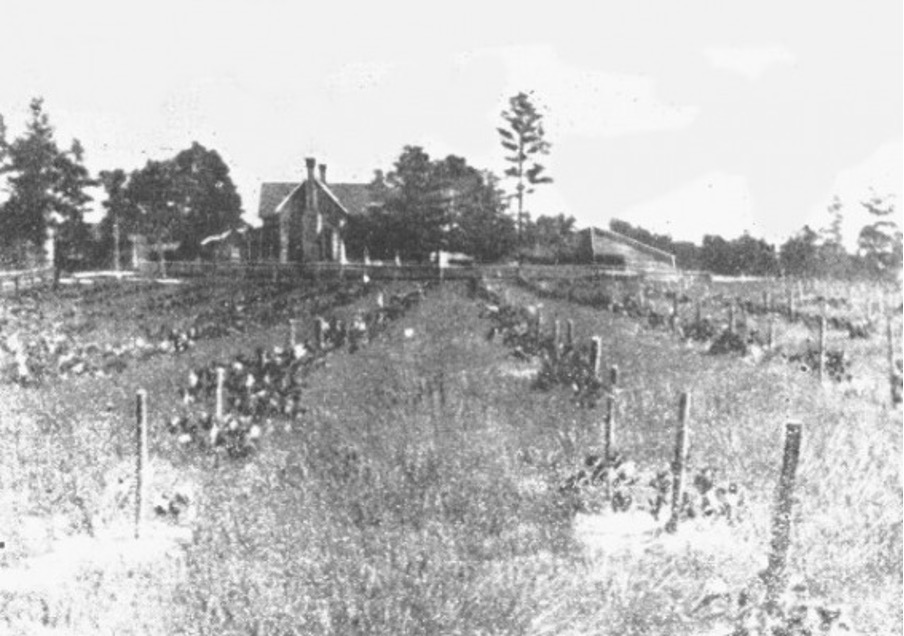
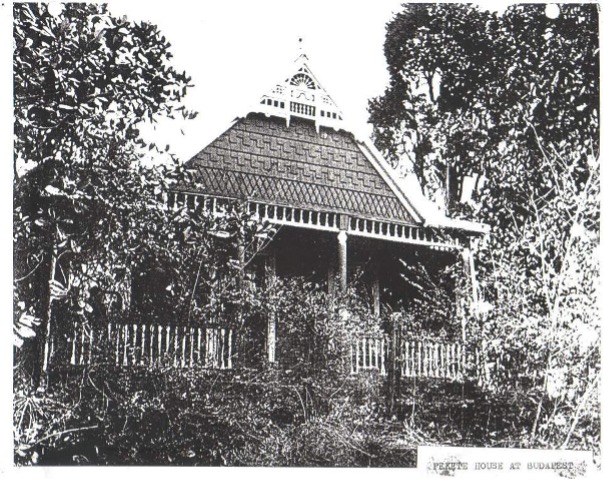


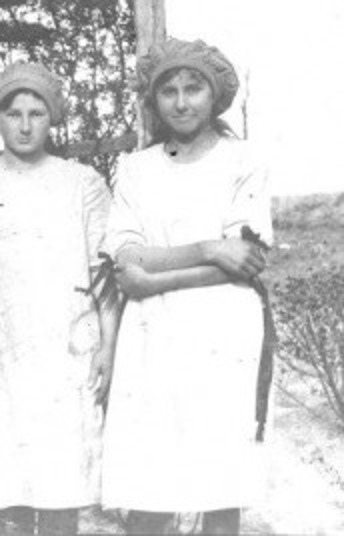
 Buzady.jpg)
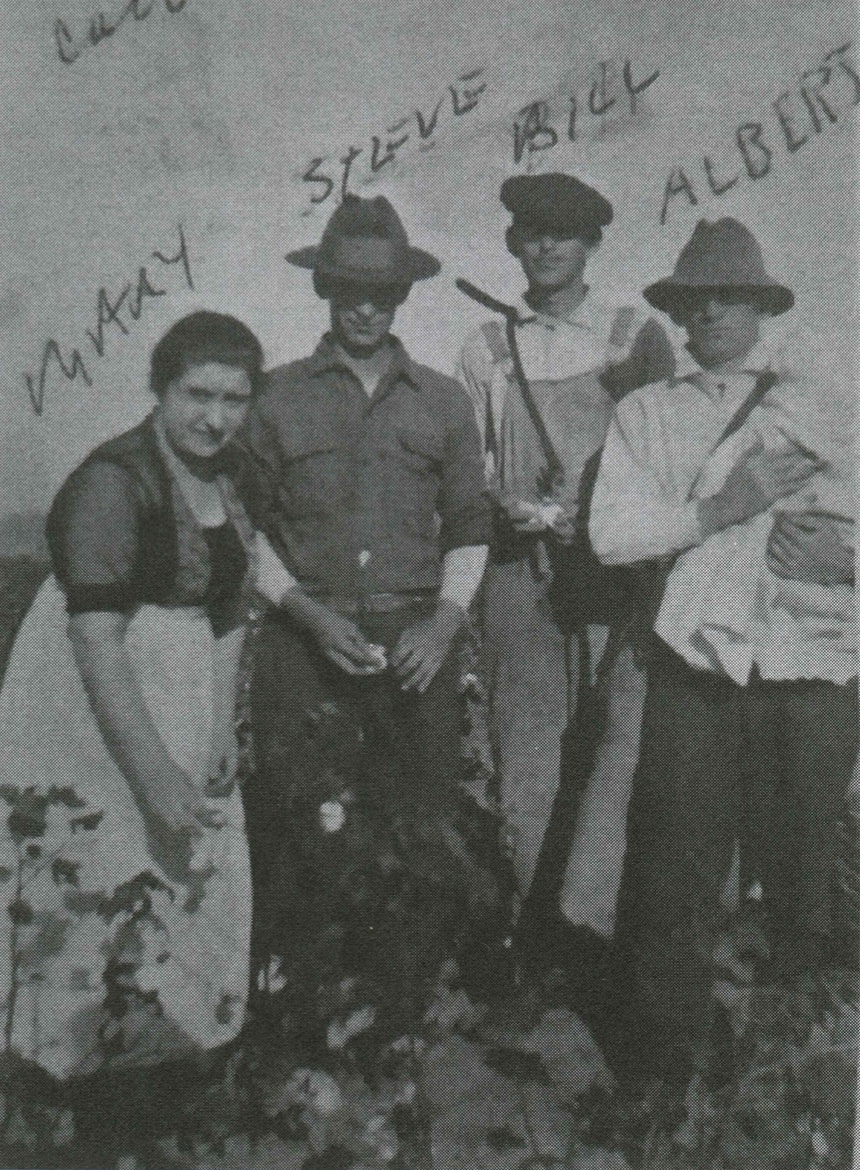
 Rado in 1894.jpg)
 Rado - Louis Holley.jpg)
